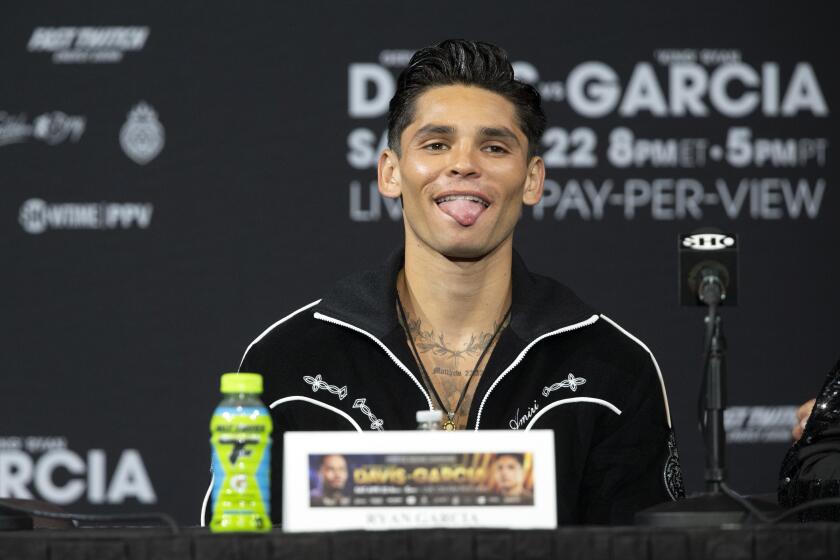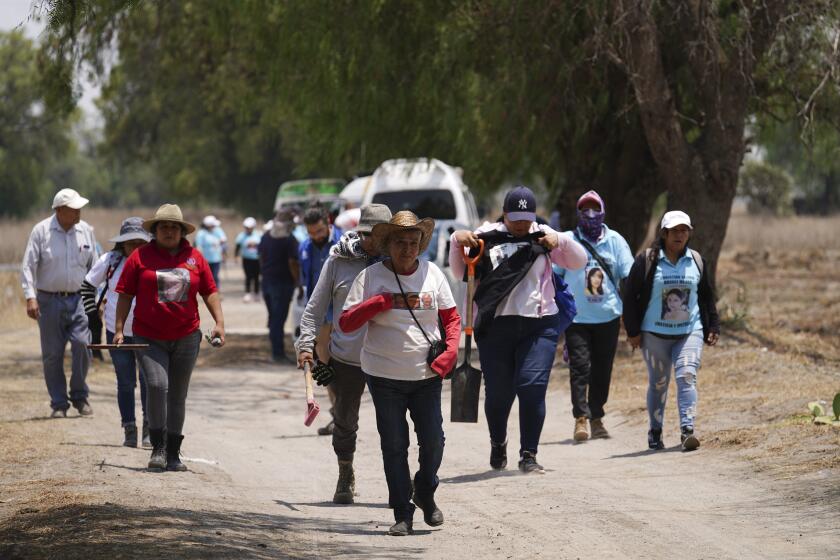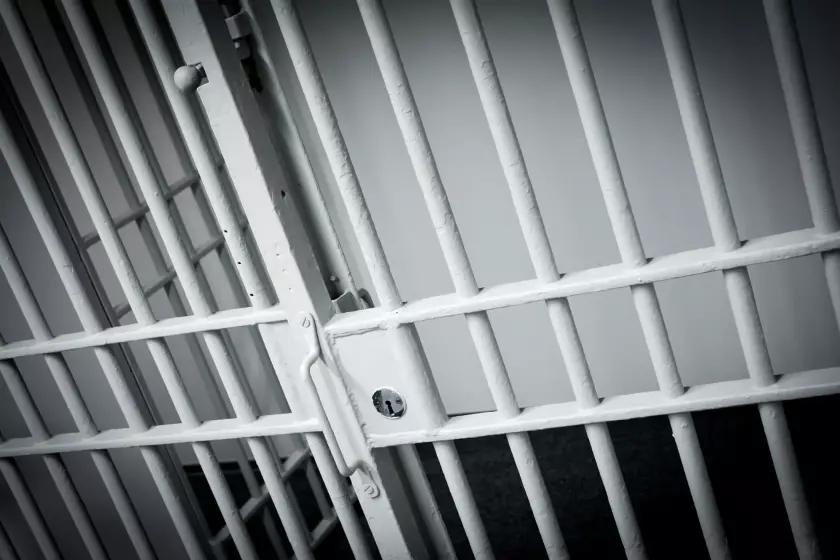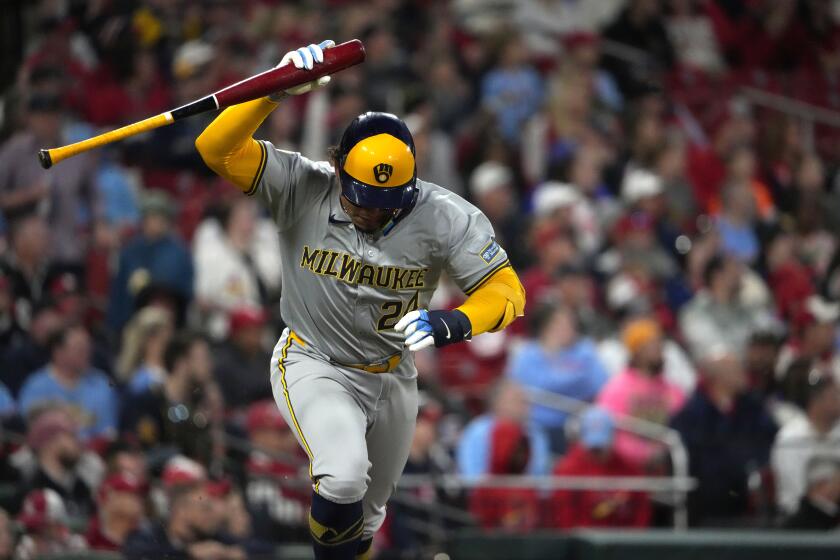Guaido calls for protests in Venezuela, plans to return home
Venezuelan National Assembly speaker Juan Guaido, who proclaimed himself president in January, called Sunday on his countrymen to take to the streets this week as he prepares to return home.
“I am calling on the Venezuelan people to protest across the country tomorrow at 11:00 (1500 GMT). Follow official social media, we’ll be informing you of the meeting places,” the opposition leader said in a Twitter post.
The Ecuadorian presidential press office said Sunday that Guaido attended a breakfast on Sunday morning with Venezuelan exiles.
On Saturday, the Venezuelan opposition leader met with Ecuadorian President Lenin Moreno at the navy base in Salinas, a city in the southern province of Santa Elena.
Moreno told Guaido that his administration backed the return of liberty and democracy to Venezuela.
“We are willing to help Venezuela regain its liberty and democracy,” the Ecuadorian leader said after holding a private meeting with Guaido.
The Venezuelan opposition leader planned to leave Ecuador on Sunday morning and return home after a tour that took him to Argentina, Paraguay, Colombia and Brazil in search of political support for the movement that is trying to oust Venezuelan President Nicolas Maduro .
Venezuela’s political crisis intensified on Jan. 23 when Guaido, the National Assembly’s speaker, proclaimed himself the South American country’s legitimate leader.
Venezuela’s opposition does not recognize Maduro’s May 2018 re-election victory and his new six-year term in office that began on Jan. 10.
The United States is in the vanguard of the roughly 50 countries, including the major European powers, with the exception of Italy, that have recognized Guaido as Venezuela’s head of state.
On Feb. 25, Guaido participated in a meeting of the Lima Group in Bogota.
Founded in the Peruvian capital in August 2017, the Lima Group is comprised of Argentina, Brazil, Canada, Chile, Colombia, Costa Rica, Guatemala, Honduras, Mexico, Panama, Paraguay, Peru, Guyana and St. Lucia.
Mexico, however, has distanced itself from the group since the other members recognized Guaido as Venezuela’s legitimate leader over Maduro.
While in Colombia, Guaido led an operation that unsuccessfully attempted to deliver humanitarian aid from the border city of Cucuta into Venezuela, which is suffering from food and medicine shortages, and hyperinflation.
Maduro has rejected the aid, saying it is a Trojan horse and that he would be paving the way for a US-led military intervention if he did not use his army to block it from entering from Colombia and Brazil.
Russia, China and India are among the dozens of nations that still regard Maduro as the legitimate president of the oil-rich South American nation.
Venezuela’s Supreme Court, which supports Maduro, barred Guaido from leaving the country while he remains under investigation for his attempt to seize power.
Guaido, however, left Venezuela on Feb. 22 and started his tour of South America.
Meanwhile, Guaido supporters were organizing about 20 demonstrations for Monday when the country’s self-proclaimed interim president plans to return to Caracas after his five-nation Latin American tour.
The coalition of parties opposing the Maduro government grouped into the MUD opposition sent out dozens of calls on the social networks to stage demonstrations on Monday in the country’s 23 states and in the capital.
The posts came a few hours after Guaido announced on Twitter from Ecuador that he would return to Venezuela after visiting Colombia, Brazil, Paraguay and Argentina, having started his tour on Feb. 22 and during which he was feted with the honors accorded to a head of state.
The demonstrations were called for 3 pm on Monday, but it is not known whether Guaido will return to Venezuela on Sunday night or early on Monday.
He faces the possibility of being arrested and jailed by the Maduro regime for disobeying an order from the country’s Supreme Court, although the opposition contends that the high court is illegal and simply serves Maduro’s interest.
On Sunday, the Maduro government announced that 315 people - including 19 soldiers - had been injured in disturbances on the weekend at the border crossing point between Venezuela’s Tachira state and Colombia’s Norte de Santander province.
Government supporter Freddy Bernal - designated by Maduro as the top authority in Tachira - made the announcement on Venezuela’s private Televen channel and blamed the Colombian and US governments for the violence.
The clashes occurred during attempts by the Venezuelan opposition to bring humanitarian aid into the country, a move that the Maduro regime considers to be a political show headed by Guaido.
Bernal also warned that both Colombia and the US are intending to take “more dangerous” action such as “arming” the more than 500 soldiers who deserted from Venezuela’s armed forces and recognized Guaido as the country’s leader.
Meanwhile, in Washington, US National Security Adviser John Bolton said on Sunday that Washington is seeking a broad international coalition to replace Maduro and his entire “corrupt” regime.
Bolton told CNN that he would like to see a broad coalition assembled to replace Maduro and that is what the Donald Trump administration is trying to put together



